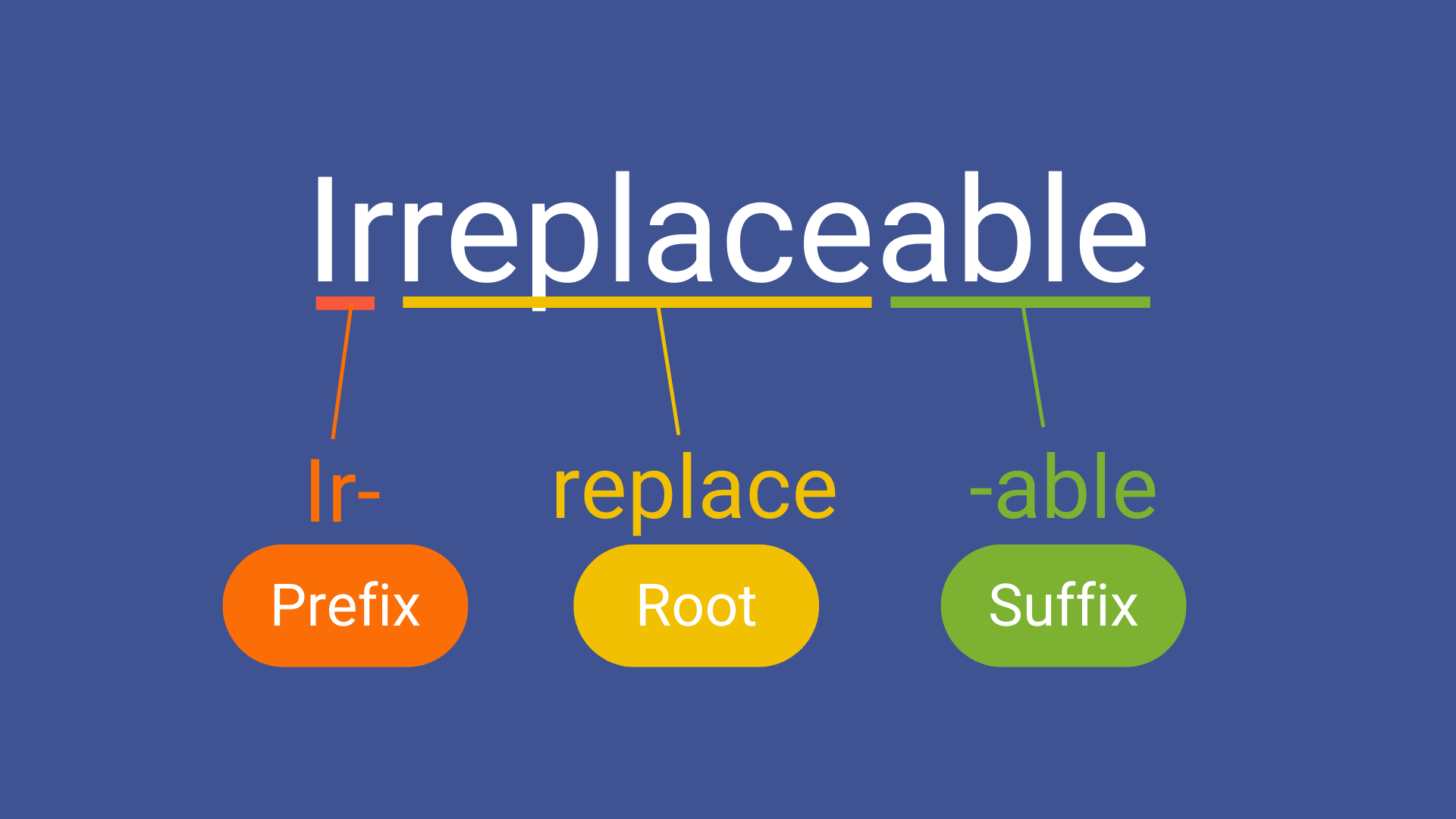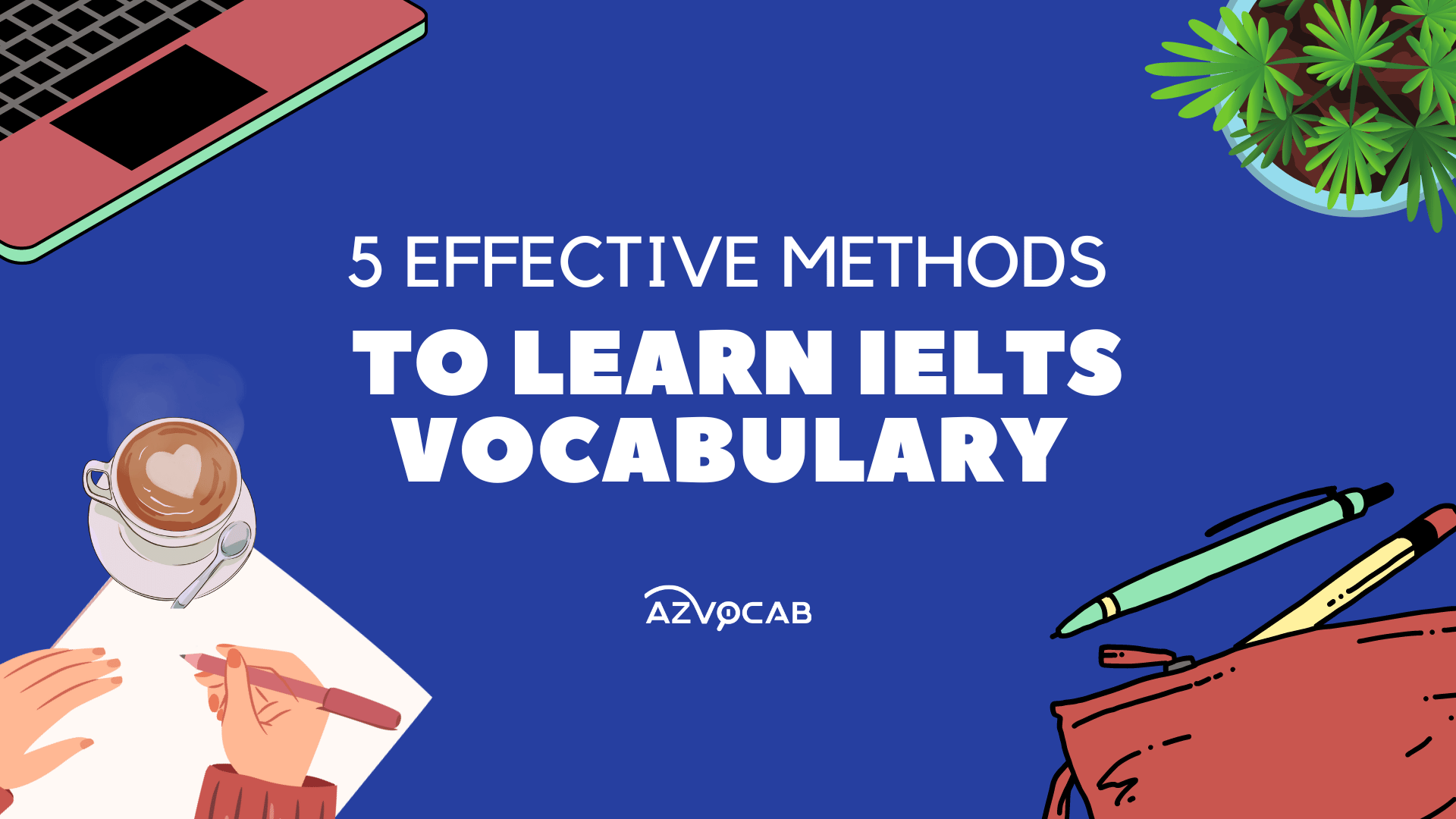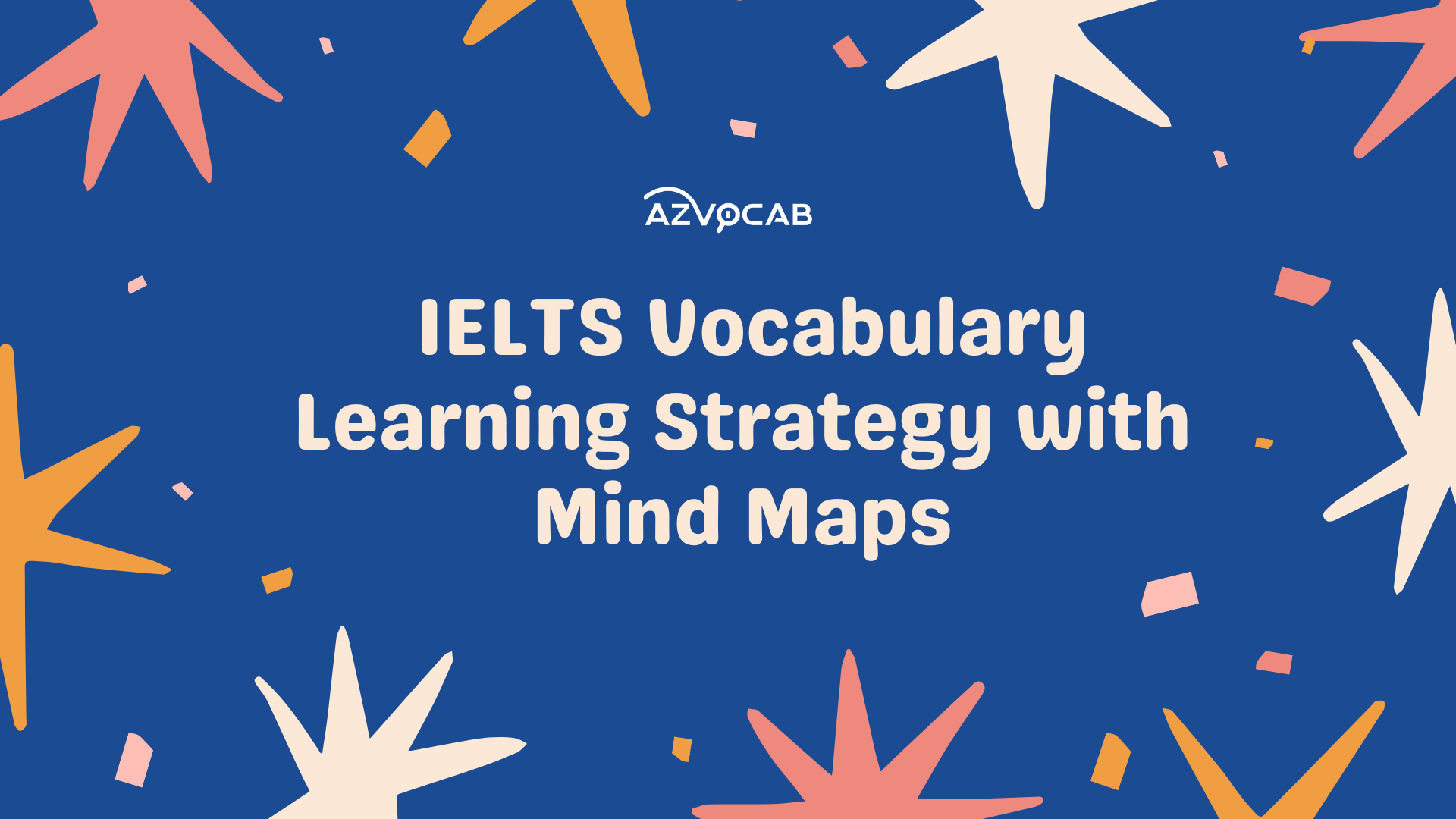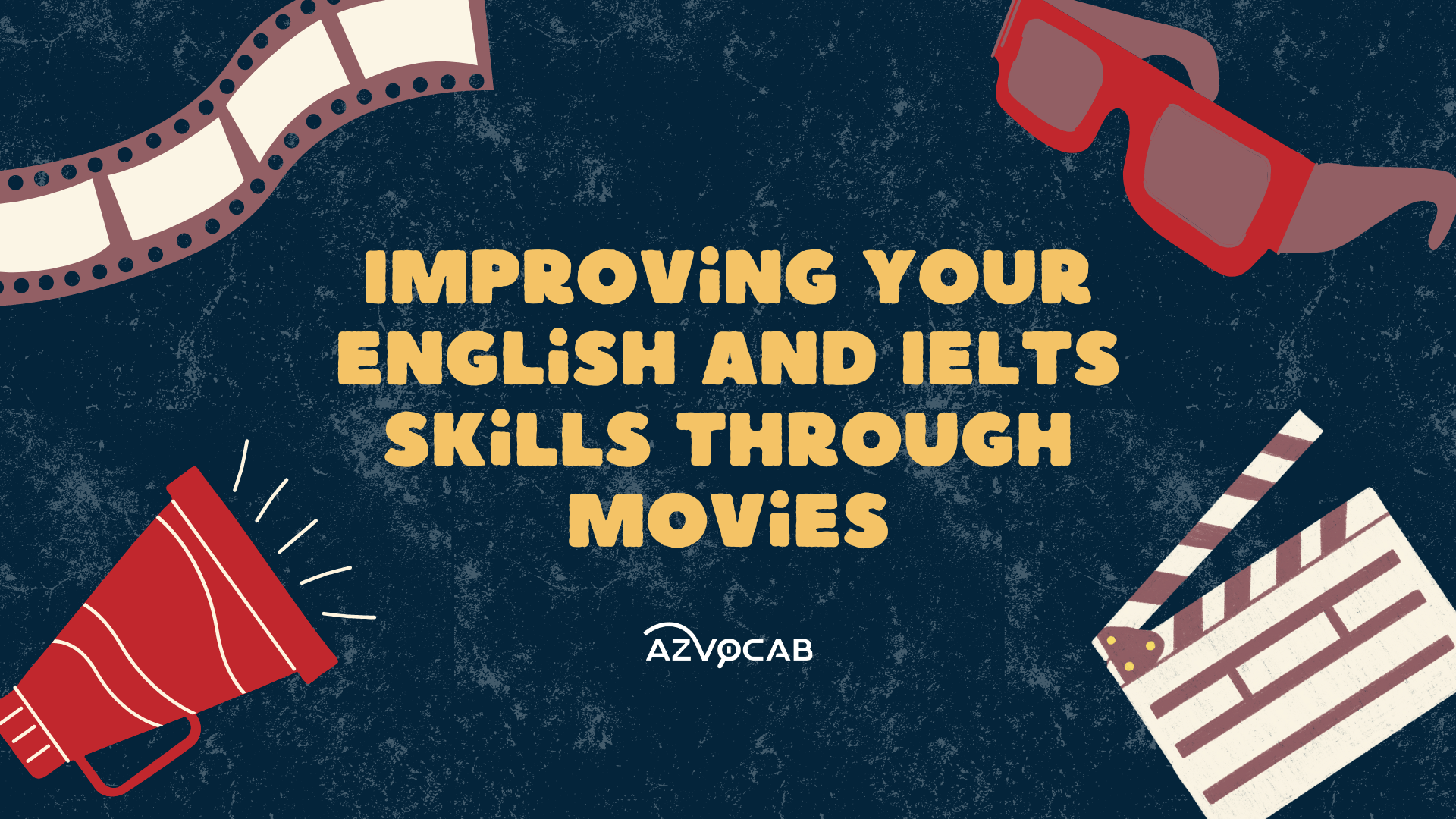Vocabulary is a crucial element to focus on while preparing for the IELTS exam if you want to achieve your desired band score. Learners need a substantial vocabulary and the ability to use it correctly to perform well in the test. But with such an extensive IELTS vocabulary to cover, what are the effective ways to learn it? azVocab offers you 5 methods to quickly learn and retain IELTS vocabulary while being able to apply it effectively.
The Importance of Vocabulary in the IELTS Exam
Vocabulary forms the foundation for developing the four language skills: Listening, Speaking, Reading, and Writing. A rich and diverse vocabulary will enhance your language fluency, allowing for smoother communication. This is particularly essential in the Speaking and Writing sections when you need to convey content through speech and written sentences. A rich vocabulary will help you avoid feeling hesitant or lacking confidence. Even if you have a strong grasp of grammar, without vocabulary, you won’t be able to use that grammar effectively or convey the desired content when speaking or writing. For skills like Reading and Listening, having a rich vocabulary will aid in better comprehension. In this way, you already secured 50% of the marks, and the remaining task is to further refine your skills in comprehension during the reading and listening processes.
Challenges When Learning IELTS Vocabulary
Due to the vast scope of IELTS vocabulary, learners often encounter specific academic challenges. Some of the reasons include:
- Lack of an IELTS vocabulary list, thus feel uncertain about where to start
- Memorization of words but rapid forgetting, resulting in reduced study effectiveness and time wastage
- Understanding word meanings but mispronouncing them or not knowing how to use them in context
- A reluctance to study due to the overwhelming amount of vocabulary
- Confusion between words with similar pronunciations or spellings
Given these challenges, a systematic and effective method for learning IELTS vocabulary is essential.
Effective Methods for Learning IELTS Vocabulary
Identify Your Proficiency Level and Set Clear Learning Goals
Learners often feel discouraged when starting to learn vocabulary because of the overwhelming volume of words, and not knowing where to begin. Therefore, setting clear goals when starting to learn is the first step in learning this vast vocabulary. First, determine your current proficiency level and then set goals for which level of vocabulary you aim to achieve to improve your band score. For example, if you have already achieved a band score of 4.0-5.0, you should continue learning vocabulary at band 5.5 or learn the vocabulary required for the band score you aspire to achieve.
Furthermore, you should set both short-term and long-term goals. Setting short-term goals will prevent you from feeling discouraged and help you achieve long-term goals faster. For instance, if your goal is to learn 50 words in one week, break it down into daily targets of learning 7-10 words, and use the remaining time to review the words you’ve learned during the week for a deeper understanding and better retention. Set clear daily goals instead of just weekly goals, as this will make it easier for you to achieve your objectives.
Identify the Vocabulary List to Learn
To achieve the set goals, you need to know what you should learn. Therefore, the next step is to identify the vocabulary list you need to learn.
Learn IELTS vocabulary by specific topics, combined with learning vocabulary based on the level you want to achieve. For example, if you are at band 4.0-5.0 band, equivalent to level B1, continue learning vocabulary lists at levels B2, C1-C2. In addition, combine this with learning vocabulary based on specific topics. This approach is particularly effective for Speaking, as the Speaking test often focuses on specific topics, and related vocabulary words share similar meanings, making it easier to understand their real-world usage and improve memorization.
Moreover, identifying the vocabulary list to learn will help you avoid learning unnecessary words. Learning vocabulary randomly and without a systematic approach will only overwhelm your brain and hinder long-term retention. Not to mention, you will waste precious time without achieving any significant results. Therefore, make a careful determination before you start to avoid time wastage and memory overload.
Learn Vocabulary through Word Families, Phrases, and in Context
Typically, an English word has multiple meanings, and its usage varies in different contexts. Therefore, learning the meaning of a word alone is not enough; you should also learn its usage in specific contexts. Learning in this way will enhance your understanding of how to use the word and improve long-term retention. You can learn IELTS vocabulary by watching English-language movies with subtitles, reading English books and newspapers, or listening to English songs. This is a passive but highly effective way to understand how native speakers use words in communication. Afterward, practice creating sentences with the words you’ve learned to ensure that you understand their usage.

Learning vocabulary through word families
Learning vocabulary through word families and phrases is another way to gain a deeper understanding of word usage. Vocabulary words often form groups and are used together as phrases, sometimes in fixed combinations, known as collocations. Learning vocabulary as part of word families, i.e., learning vocabulary from the same word group, will help you memorize more words because they share a common root and similar meanings. For example, the word ‘satisfy‘ is a verb, and its word family includes words like ‘satisfaction‘, ‘satisfactory‘, ‘satisfied‘, and ‘satisfying.’ Additionally, when combined with prefixes or suffixes, other words like ‘unsatisfactory‘, ‘unsatisfied‘, and ‘unsatisfying‘ can be formed. This method allows you to learn multiple words at once and retain them effectively.
Learn both Synonyms and Antonyms, as well as Pronunciation and the Spelling of Words
Learning both synonyms and antonyms, as well as pronunciation and spelling of words, is essential. All sections of the IELTS exam use synonyms of words. In Writing Task 1, you must paraphrase the topic sentence with equivalent meaning to the sentence in the prompt. In Reading and Listening, the questions often use words with meanings similar to the words in the reading or listening material. In the Speaking section, you can use synonyms with slightly different nuances to make your speech more interesting. Therefore, learning synonyms will be of great help when taking the IELTS test.
Knowing the correct spelling of words is crucial. Even if you know the answer but cannot spell the word correctly in your writing, you may lose points, which can be disappointing. Thus, learning the correct spelling of words is extremely important. Unfortunately, many learners overlook this aspect. Learning to spell words correctly not only helps you avoid losing unnecessary points but also helps you distinguish between two similar-sounding or similar-looking words, such as ‘quite’ and ‘quiet.’
Practice Using Vocabulary Regularly
You may learn and memorize words well, but if you don’t use them afterward, you will quickly forget them. Therefore, practice using them regularly. Besides constructing sentences with words, practice speaking and writing them. Repeating words in various ways will help you remember them for a longer time.
Moreover, it’s crucial to review previously learned words at regular intervals. Don’t skip this step, as it’s essential. Continuous input of new words into your memory without revisiting the old ones will cause the new words to replace the old ones, disappearing from your memory. Periodic reviews are an effective method to keep vocabulary words in your mind.

Learning vocabulary is a long-term process that requires perseverance. Therefore, establish a vocabulary learning habit and maintain regular practice. Wish you all the best in the upcoming exam!






